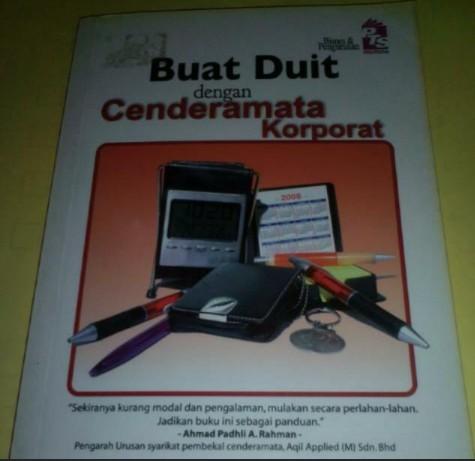Duit Modal In English / The principal modal verbs include can, must, may, might, will, would, should.. Free online tutorial focusing on modal verbs and modal like expressions with interactive modal verb exercises. They are used with other verbs to express ability, obligation, possibility, and so on. They express things like ability, permission, possibility, obligation etc. They are special because they behave differently from other verbs in english: Grammar > verbs > modal verbs and modality > modality:
It's probably best to use might. 2 list of modal english verbs. English modal verbs are used together with the base form of another verb. Ability, possibility, permission or obligation. The modals of english are a small class of auxiliary verbs used mostly to express modality (properties such as possibility, obligation you can smoke here means you may (are permitted to) smoke here (in formal english may or might is sometimes considered more correct than can or could in.

Due to their subjective meaning, they are an essential part of the english language and are used very frequently.
English modal verbs are special verbs that are used to show possibility, ability, permission, and so forth. Due to their subjective meaning, they are an essential part of the english language and are used very frequently. They express things like ability, permission, possibility, obligation etc. Deduction means using the information available to make a guess or some people say that might is less certain than may, but in spoken english there is really no effective difference. Can, could, may, might, must, shall, should, will, would. They are special because they behave differently from other verbs in english: They have a great variety of. The next verb may be a main verb or an auxiliary verb (be, have) (also called modals, helping verbs, or auxiliary verbs.) modals are special verbs, such as can or must , which behave very irregularly in english. Modal verbs meaning…modal auxiliary… 1 what is a modal verb? Today's lesson will focus on using modal verbs for certainty, probability, and deduction. The following words are modal verbs: 2 list of modal english verbs.
What is a modal verb in english? They have a great variety of. They express things like ability, permission, possibility, obligation etc. The modal verbs in english grammar are can, could, may, might, must, need not, shall/will, should/ought to. The next verb may be a main verb or an auxiliary verb (be, have)

Modal, pilak, money, komisyen, breakeven, total income, uturn capital.
Ability, possibility, permission or obligation. English modal verbs are commonly employed to express the following characteristics and meanings Following is a list showing the most useful modals and their most common meanings. Due to their subjective meaning, they are an essential part of the english language and are used very frequently. Today's lesson will focus on using modal verbs for certainty, probability, and deduction. The modals of english are a small class of auxiliary verbs used mostly to express modality (properties such as possibility, obligation you can smoke here means you may (are permitted to) smoke here (in formal english may or might is sometimes considered more correct than can or could in. A modal is a type of auxiliary (helping) verb that is used to express: They are modal auxiliary verbs that provide additional information about the verb that follows it. Modal verbs only have one form. Modal, pilak, money, komisyen, breakeven, total income, uturn capital. English modal verbs are special verbs that are used to show possibility, ability, permission, and so forth. What is a modal verb in english? We outline the modal verbs english with examples and explanations.
They express things like ability, permission, possibility, obligation etc. They express modality and thus denote desires, abilities, obligations, or possibilities. Free online tutorial focusing on modal verbs and modal like expressions with interactive modal verb exercises. Can, could and be able to are used to express a variety of ideas in english English grammar using much, many, a lot of, lots of and example sentences.

(also called modals, helping verbs, or auxiliary verbs.) modals are special verbs, such as can or must , which behave very irregularly in english.
But it is transformed by the addition of a clove of the vampire defeating food. The modals of english are a small class of auxiliary verbs used mostly to express modality (properties such as possibility, obligation you can smoke here means you may (are permitted to) smoke here (in formal english may or might is sometimes considered more correct than can or could in. English modal verbs are special verbs that are used to show possibility, ability, permission, and so forth. The following words are modal verbs: They are used with other verbs to express ability, obligation, possibility, and so on. We outline the modal verbs english with examples and explanations. A modal is a type of auxiliary (helping) verb that is used to express: What is a modal verb? Contextual translation of duit modal into english. Modal, pilak, money, komisyen, breakeven, total income, uturn capital. Using for and since in english. English modal verbs are commonly employed to express the following characteristics and meanings They are special because they behave differently from other verbs in english:

